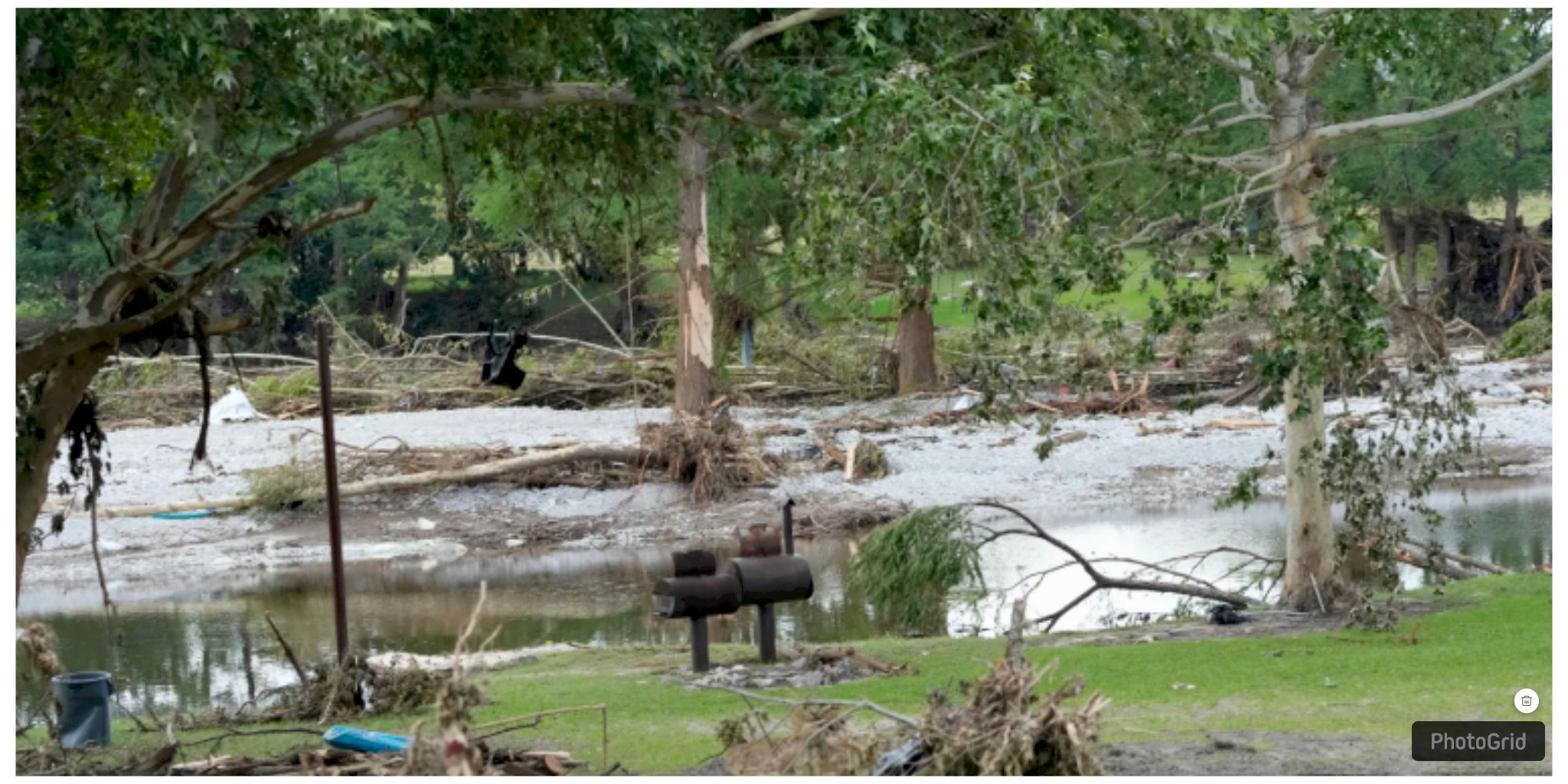
After catastrophic flash floods over the July 4 weekend killed 136 people statewide, including dozens of children in summer camps along the Guadalupe River in Kerr County, Texas senators faced state and local emergency authorities on Wednesday in a high-stakes session.
The head of the Texas Division of Emergency Management (TDEM), Nim Kidd, urged lawmakers to change the way the state works with hundreds of local governments in his testimony before a joint House and Senate committee.
Kidd shared that the emergency management system in Texas lacks the necessary funding, incentives, and consequences to ensure cooperation. Kidd said, "That is the reason why we repeatedly experience the same failures."
Kidd cautioned that communication breakdowns continue to be a serious issue and stated that TDEM lacks the necessary resources to assist local officials in developing corrective action plans following significant catastrophes. He acknowledged that forecasts had given "no indication" of the amount or precise location of the rains less than 12 hours before the fatal flooding in Kerr County.
Lawmakers expressed concern that urgent overnight flood warnings might not have reached local officials or that they may not have taken the necessary action. Sen. José Menéndez (D-San Antonio) and Sen. Charles Schwertner (R-Georgetown) questioned Kidd sharply after he stated, "There is no system in place today to ensure that county judge X, mayor Y, or emergency manager Z is getting the same information that we are."
"We can have sirens, but if someone does not turn them on, they are no good," Schwertner said in reaction to the lack of local response.
Lawmakers questioned the Upper Guadalupe River Authority (UGRA) for rejecting a $50,000 grant and a $950,000 zero-interest loan in 2024 to construct a $1 million flood warning system. Sen. Schwertner referred to the move as "disturbing," notwithstanding UGRA General Manager Tara Bushnoe's defense, citing the agency's more than $3 million in reserves that were later utilized for property tax cuts rather than safety improvements.
Lt. Gov. Dan Patrick and Sen. Paul Bettencourt (R-Houston) are now advocating for the state to provide funding for actual sirens in areas like Kerr County that are vulnerable to flooding. During the special session, which also includes redistricting and THC regulation, Governor Greg Abbott has asked lawmakers to prioritize emergency communications, disaster relief, and flood preparation.
Rep. Ann Johnson, a Democrat from Houston, criticized colleagues who refrained from placing responsibility. She stated, "This committee exists because 137 people are dead, but I appreciate the recognition of what was done well."
Experts cautioned that sirens alone will not prevent future catastrophes. Former emergency manager for the Lower Colorado River Authority Robert Cullick stated, "This is a people issue." "Effective training, effective communication, and everyone knowing their role."
According to Philip Bedient, director of Rice University's SSPEED Center, it would cost less than $1.5 million to construct a unified flood warning system in the Guadalupe River basin. However, for the time being, each Texas county decides whether to implement safety measures, leaving areas vulnerable to flooding.
Lawmakers must make swift decisions regarding relief funds and future catastrophe resilience, as more than 6,000 Texans have already applied for FEMA assistance, and most properties in Kerr County lack flood insurance. Kerrville will have a second hearing on July 31.
















From breaking news to thought-provoking opinion pieces, our newsletter keeps you informed and engaged with what matters most. Subscribe today and join our community of readers staying ahead of the curve.